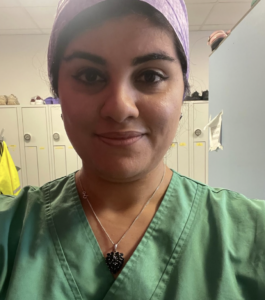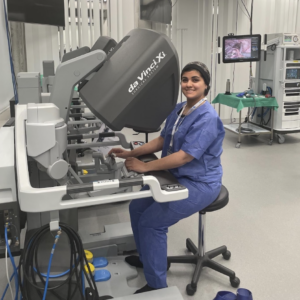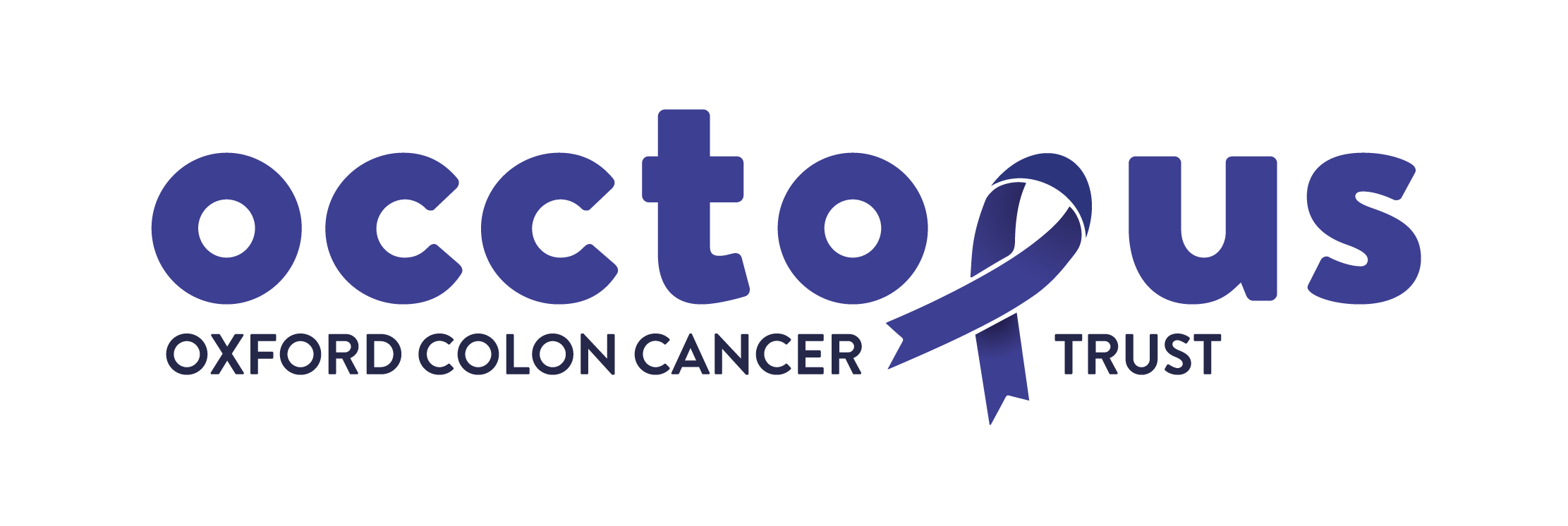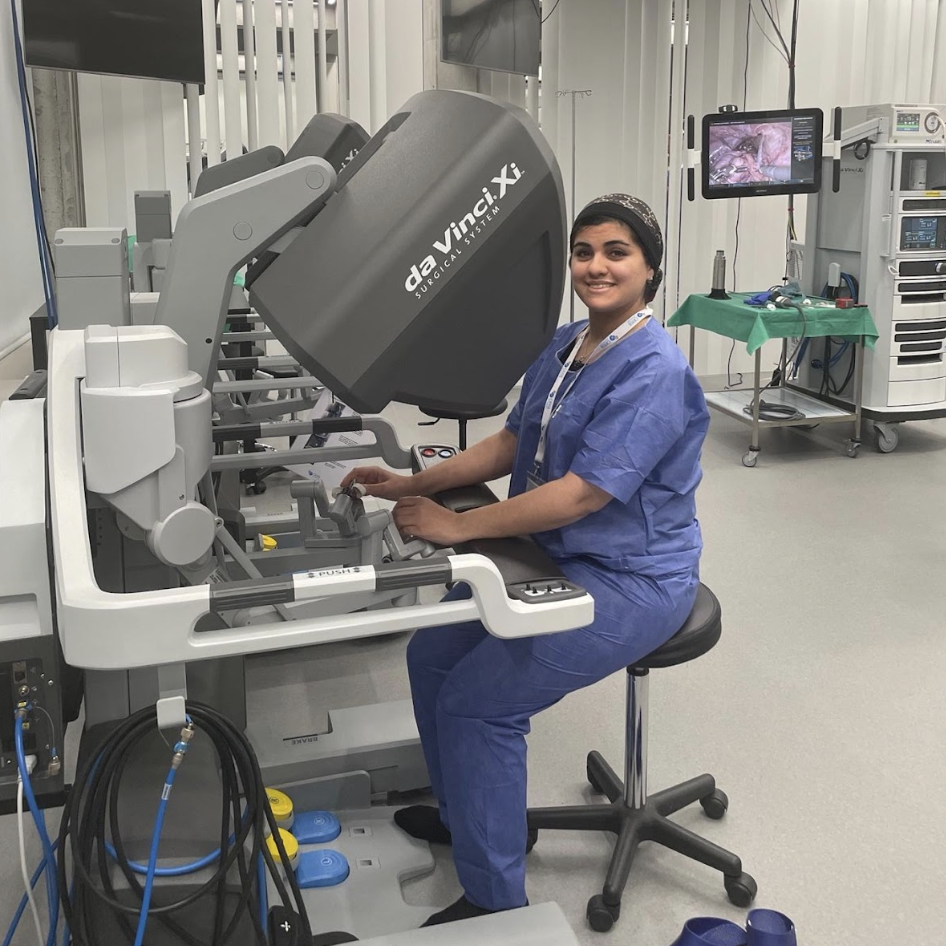Over the past 2 years, Charlotte El Sayed has been funded by the charity to undertake her research project titled Training in Robotic Surgery. Charlotte is a Specialty Registrar General Surgery and Dukes’ Club/ACPGBI Robotic’s Trainee Representative.
The aim of the project is to standardise training in Robotic Assisted Surgery (RAS) in the UK. Robotic assisted surgery is an advanced approach to minimally invasive surgery where the surgeon performs operations on the patient remotely using a surgical robot. At present, RAS is not part of the surgical curriculum and training is yet to be standardised i.e., there are variations in the training pathway available. Surgical trainees are keen to learn RAS techniques, however, they are struggling to gain access to the robot and the variation in training pathways available are confusing.
For year 2 of the project, Charlotte has gathered information-rich data from stakeholders involved in robotic training including the robotic surgical consultants, the surgical trainees, industry providers and those involved in surgical curriculum development. The data has helped her and her team gain an understanding of how training is being delivered and the barriers stopping progression of robotic training. Solutions to the challenges have also been discussed and explored.
In addition, she had the opportunity to meet global leaders in robotic surgery training and was given a complimentary place on the CC-ERUS course at a world leading robotic training centre in Ghent, Belgium.
Charlotte developed a basic skill set in robotic surgery and performed live operations on cadaveric models. She also visited the OLV hospital in Alst, Belgium and spent a day with the robotic surgical team observing live procedures. Finally, she was fortunate to develop a collaboration with the training centre to set up a pilot research study in the UK.
Through her engagement with RAS Industry providers, her team formed a collaboration to set up several robotic training centres in England alongside the educational training bodies. The training will be specific for senior colorectal trainees and will enable access to the resources required for robotic training.
Going forward, in year 3, Charlotte aims to develop a robotic “roadmap” specifying how training can be implemented at a national scale . The roadmap will provide solutions to the challenges encountered in standardising training in the UK at present and will involve roundtable discussions with the key stakeholder groups required.

